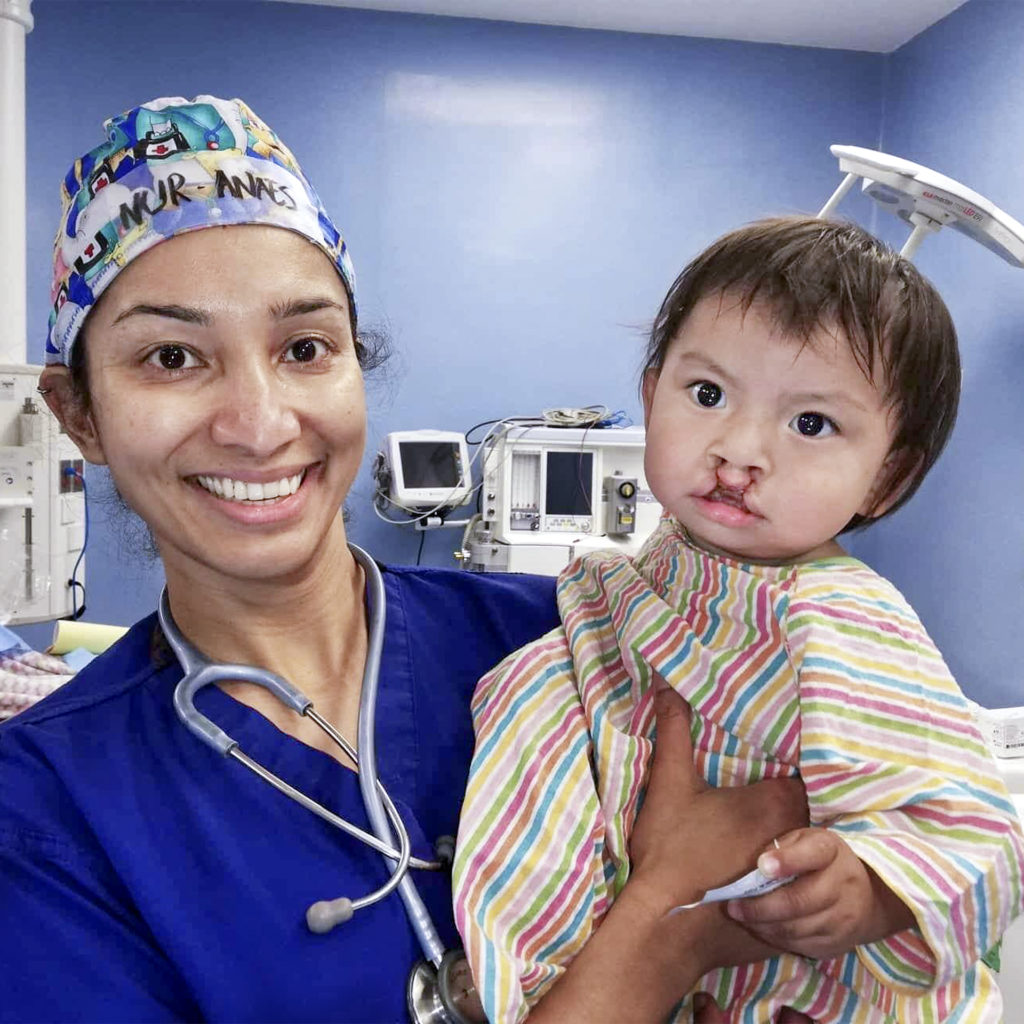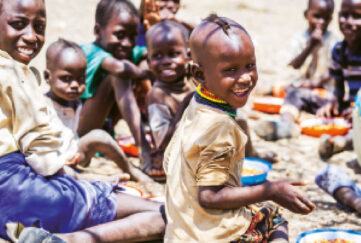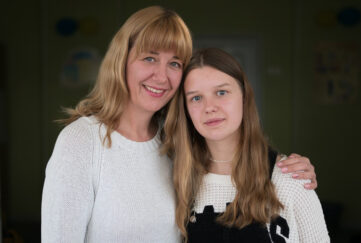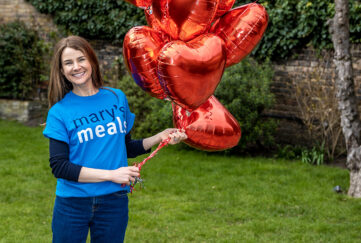Operation Smile For International Women’s Day
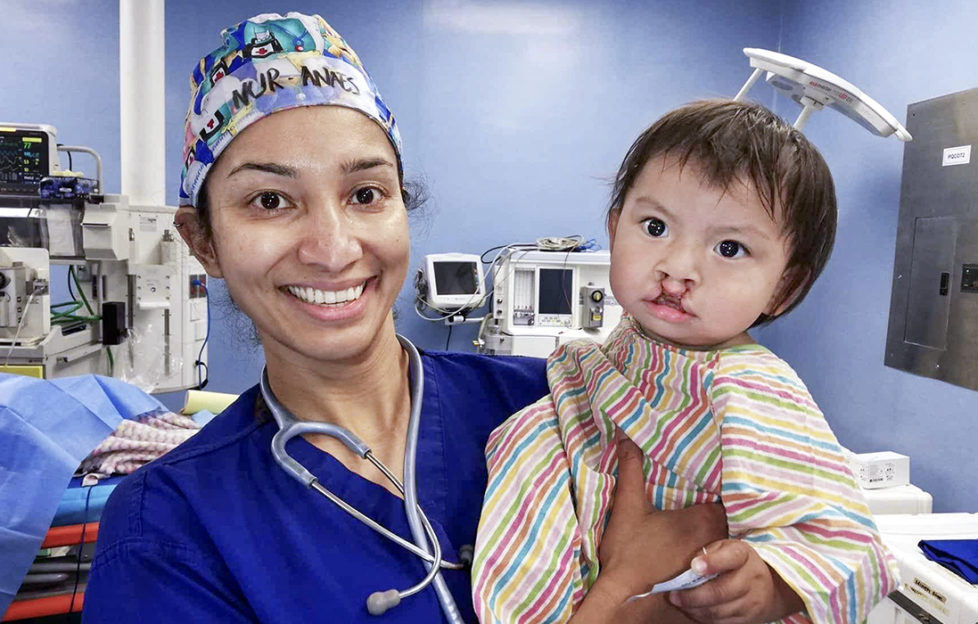
100+ patients with cleft lip and cleft palate will receive free treatment from the first all-women’s medical mission team
To mark International Women’s Day on March 8, Operation Smile will conduct its first international medical mission comprised entirely of female volunteers.
Every 3 minutes, a child is born with a cleft lip or cleft palate. Without surgery they will struggle to eat, speak and socialise. Many will be shunned by their communities.
In the UK, cleft lips and cleft palates are operated on in the first 3-6 months of a child’s life. However, in many countries medical resources are scarce -and when they are available, the cost is prohibitive. In some countries, the cost of an operation is a year’s salary.
Run by 54 female volunteers from 27 countries, the unique mission in Morocco will demonstrate the lasting impact women have had on their programmes. On average, a mission is comprised of 60% female volunteers.
Safe surgery for everyone in need
Operation Smile carries out hundreds of medical missions throughout the year all over the world. Their long term vision is to improve the local healthcare system in the areas where they work.
In addition to mobilising highly accredited medical volunteers, Operation Smile provides training to local medical personnel and partners with hospitals, governments and ministries of health in order to ensure that safe surgery is available for everyone in need.
As a result of their sustainable local training, Operation Smile Morocco, host of the first-ever all women’s medical mission, has an impressive three Cleft Care Centres. All of these are run by local medical professionals.
More than 85% of all Operation Smile missions globally are now conducted by local teams. It’s a testament to the power of education for local healthcare professionals.
“We can learn best practices from each other”
For Nurhayati Lubis, a consultant anaesthetist working in the NHS, the first-ever all women’s medical mission will be her eighth trip with Operation Smile.
She says, “It is hugely inspiring to see such a diverse team of women with such a range of skills, all working together.
“Working with colleagues from across the globe often results in stimulating discussions on different healthcare systems across the world, and how we can learn best practices from each other. That’s something that I can take back to the NHS with fresh eyes.”
Nurhayati hopes to inspire girls and young women to pursue careers in medicine. She also wants to demonstrate the lasting impact female medical volunteers have.
She says, “I have been most impressed in countries where Operation Smile has left behind a legacy by establishing a local medical team who can continue the good work once the mission is over.
“I’ve seen this first-hand in Nicaragua, Ghana and the Philippines. The objective of the mission was to treat the children. But the aim was also to empower the local teams of nurses and doctors to continue to provide cleft surgery locally, once the mission is over.
“By establishing care centres, they can carry out regular treatments and continue to train local surgeons and anaesthetists.
Teaching skills that will benefit all surgical patients
Nurhayati continues, “For example, the anaesthesia skills that are taught by Operation Smile can be used to benefit all surgical patients, aside from cleft. This has the most local impact as far as I’m concerned.”
Two volunteers on the first-ever Operation Smile All Women’s Medical Mission team in Morocco are from the UK. However nearly 25% are Moroccan women, including six surgeons.
Children with cleft lip or cleft palate can be considered “untouchable”. They may be shunned by a community which sees them as cursed. Some untreated teenagers even report considering suicide.
This is why therapy, as well as raising awareness of cleft conditions, are of prime importance.
Children with a cleft condition can also be at risk of malnourishment as it can be difficult to feed properly. Nutritional support for both child and the wider family is key.
Nurhayati Lubis and the wider team of female volunteers will be in Oujda, Morocco from March 5-14 for Operation Smile’s First Women’s Mission.
The timeline of a medical mission
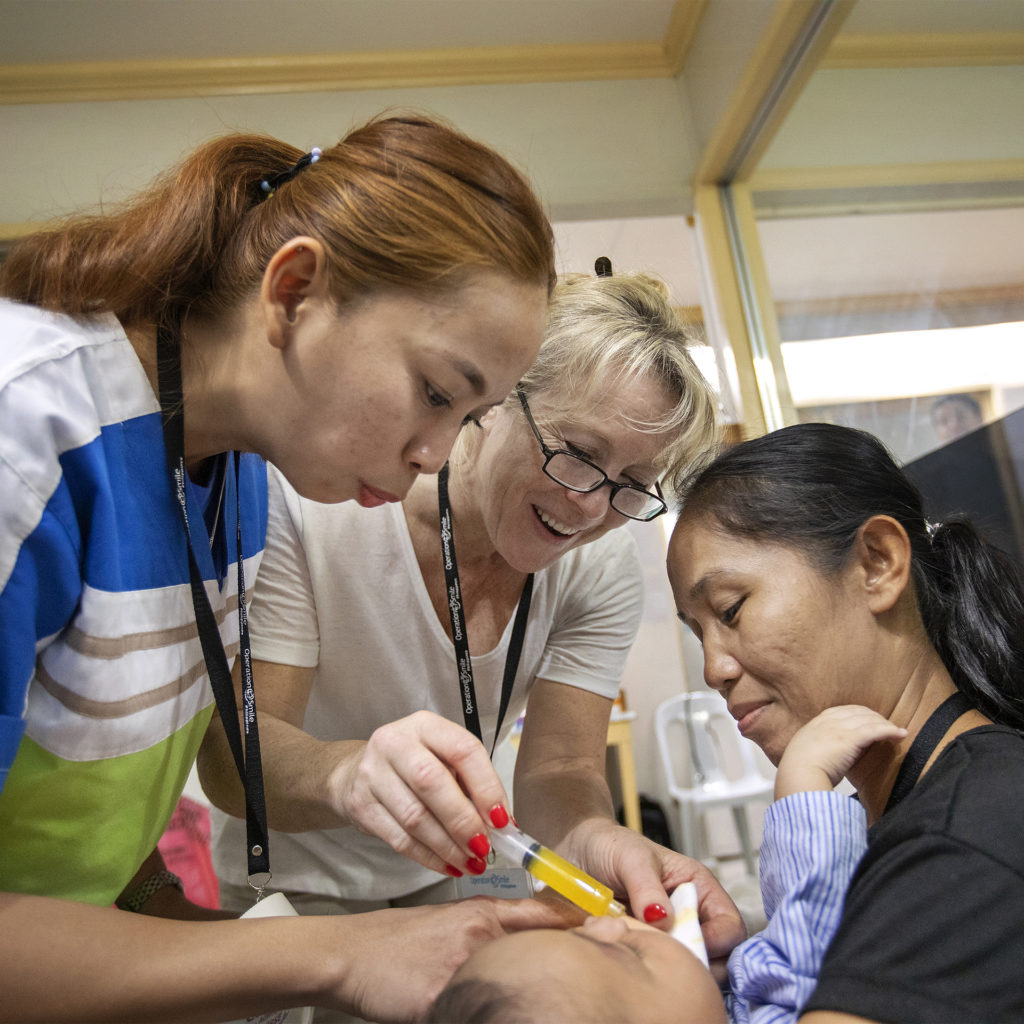
10-month-old Elieh is given a drink after surgery by Operation Smile’s Maria Moore, watched by Elieh’s mother and nurse Clarisse Agno during Operation Smile’s 2018 mission to Cebu, Philippines. Pic: Zute Lightfoot
- Months in advance, local coordinators visit towns and villages throughout the country to find those living with cleft conditions. This is to reach patients living in remote areas, who may not know that surgery is possible. It’s also to contact those living in communities where cleft conditions aren’t well understood, and patients might be isolated or shunned. Television, radio, billboards and social media may also be used to reach as many people as possible.
- Children with cleft can struggle to feed properly. Malnourished patients are referred to a volunteer nutritionist who will ensure they reach a healthy weight ahead of surgery.
- Experienced medical leaders are paired with young medical professionals to help develop their skills. All volunteers are trained to the same Operation Smile Global Standards of Care, regardless of where they live.
- Operation Smile aims to deliver 25-30 surgeries a day during a mission.
- The team aims to follow up with each patient a few weeks after surgery. This can be difficult when patients live in remote areas. Efforts are helped by ongoing partnerships with local hospitals and universities, as well as the presence of an Operation Smile cleft care centre. This provides patient care all year round.

